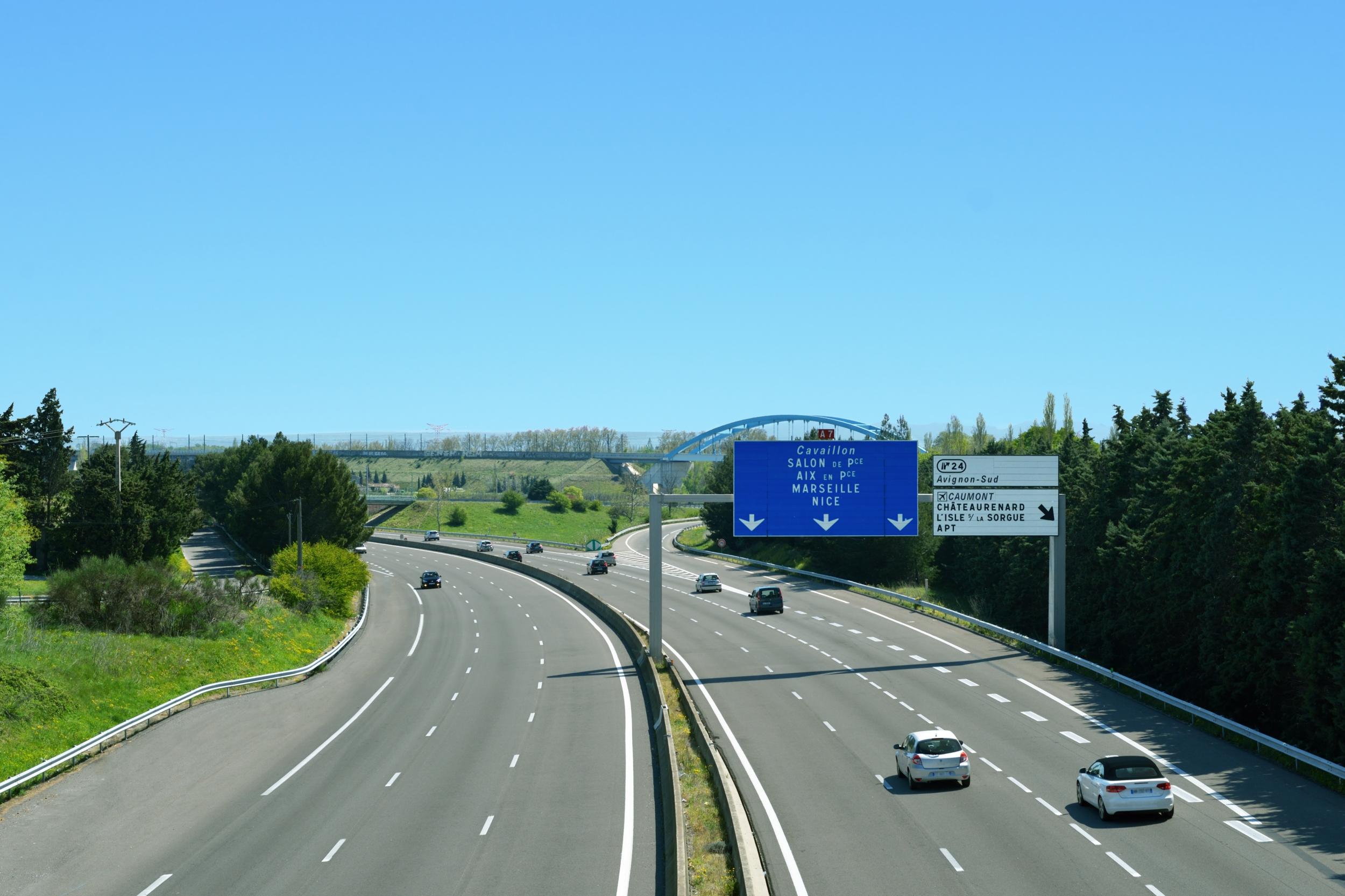This Saturday is the busiest day for traffic all year in France
Summer holiday jams are inevitable – but will they be as bad as the 523-mile record?

Motorists heading for France this weekend should pause before continuing far into the country: Saturday is predicted to see the worst traffic of the year.
The Centre National d’Information Routiere (CNIR) publishes a calendar predicting the dates when traffic will be particularly heavy.
This task does not involve a great deal of guesswork. Six out of 10 French people spend their main summer holiday in France.
Much of the population is still firmly divided between those who take the month of July for their vacances, and the remainder who holiday in August: les juillettistes et les aoûtiens.
The weekend when they change over – usually the first in August – is regularly a nightmare for traffic.
In addition, France attracts more foreign tourists than any other country.
On Saturday 3 August, the whole day is coded black – circulation extrêmement difficile – for motorists heading away from the capital.
Particular trouble spots are likely to be the Parisian version of the M25, the A86, which encircles the capital. Two key autoroutes heading south from Paris – the A6 to Lyon and the A10 to Bordeaux – are likely to be solid with traffic, as is the A13 running west from Paris to Caen on the Normandy coast.
The CNIR, based in the quiet Paris suburb of Rosny-sous-Bois, was established in 1968 when car ownership in France was expanding rapidly.
Its key device is the Bison Fute (clever buffalo) system, aimed at coaxing motorists away from key routes at the busiest times by predicting when traffic would be worst.
The “absolute record” for traffic jams was reached at 12.30pm on Saturday 4 August 2007 – the CNIR reported “842km [523 miles] of total congestion, which corresponded to the route from Paris to Toulon being totally blocked”.
Heading back towards Paris, 17 and 24 August are predicted to be busiest on France’s motorways.
DFDS Ferries says the first three Saturdays of August will all be very busy, each with over 32,000 passengers to and from Dover. Saturday 10 August is expected to be the peak day for the shipping line with 34,000 passengers sailing from (or to) Dover.
The AA reports confusion about the speed limits on ordinary roads away from built-up areas. Responding to a large rise in the number of road deaths, speed limits on two-lane (single carriageway) roads in France were cut from 90km/h (56mph) to 80km/h (50mph) in July 2018.
The motoring association said: “This national speed limit change has since been reversed, but the French government has said that it is up to local mayors to decide whether or not to return to a 90km/h limit in their area.”
Join our commenting forum
Join thought-provoking conversations, follow other Independent readers and see their replies
Comments
Bookmark popover
Removed from bookmarks